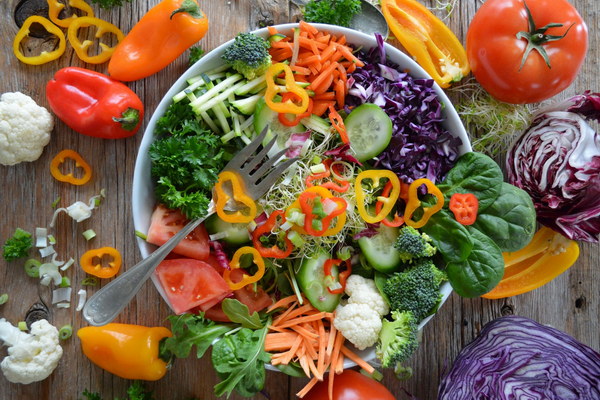Harvesting Health Fall and Winter Nutrition Tips for Optimal Well-being
Harvesting Health: Fall and Winter Nutrition Tips for Optimal Well-being
As the seasons transition from the warmth of summer to the cooler embrace of fall and winter, the body's nutritional needs also shift. Fall and winter are times when nature offers an abundance of fresh produce, nuts, and hearty grains, all designed to support our health and energy levels through the colder months. Here are some key principles and tips to guide you in harnessing the benefits of the harvest for optimal well-being during these seasons.
1. Embrace the Seasonal Harvest
Fall and winter are the seasons when the earth yields its most nutrient-rich foods. Root vegetables, such as carrots, beets, and sweet potatoes, are abundant and packed with vitamins A, C, and fiber. These foods help to boost the immune system and provide sustained energy, which is essential during the colder months when the body tends to slow down.
2. Stay Warm with Hearty Grains and Legumes
Hearty grains like quinoa, brown rice, and oats, as well as legumes such as lentils and chickpeas, are not only filling but also packed with essential nutrients. These foods are rich in fiber, B vitamins, and minerals like iron and magnesium, which are crucial for maintaining body temperature and energy levels.
3. Incorporate Nuts and Seeds for Healthy Fats
Nuts and seeds, such as almonds, walnuts, chia seeds, and flaxseeds, are excellent sources of healthy fats, protein, and essential nutrients. These can be added to salads, smoothies, or simply eaten as a snack. They help to keep the body warm and provide the energy needed to combat the cold weather.
4. Drink Warm Liquids to Stay Hydrated
While it's important to stay hydrated throughout the year, cold weather can make it more challenging. Warm liquids, such as herbal teas, broths, or warm milk, can help to keep the body hydrated and provide additional health benefits. Ginger tea, for example, can help to soothe the stomach and fight off colds.
5. Consume Foods Rich in Antioxidants
Antioxidants are crucial for protecting the body against the damage caused by free radicals, which can accumulate during the colder months due to reduced sun exposure. Berries, citrus fruits, and dark leafy greens are all rich in antioxidants and can be enjoyed raw, cooked, or juiced.

6. Don't Forget Your Omega-3s
Omega-3 fatty acids are essential for heart health and can also help to maintain healthy skin and hair, which can become dry in the colder weather. Foods rich in omega-3s include fatty fish like salmon, mackerel, and sardines, as well as flaxseeds, chia seeds, and walnuts.
7. Balance Your Diet with Fermented Foods
Fermented foods, such as yogurt, kefir, sauerkraut, and kimchi, are rich in probiotics that support gut health. A healthy gut is essential for overall well-being, especially during the winter months when immune function is compromised.
8. Keep Your Spice Cabinet Well-Stocked
Spices not only add flavor to your meals but also offer health benefits. Cinnamon, ginger, turmeric, and black pepper are just a few examples of spices that can boost your immune system, reduce inflammation, and help to regulate blood sugar levels.
By incorporating these principles into your diet, you can ensure that your body receives the necessary nutrients to thrive during the fall and winter months. Remember, the key is balance and variety, so embrace the season's bounty and enjoy the journey to health and vitality.









